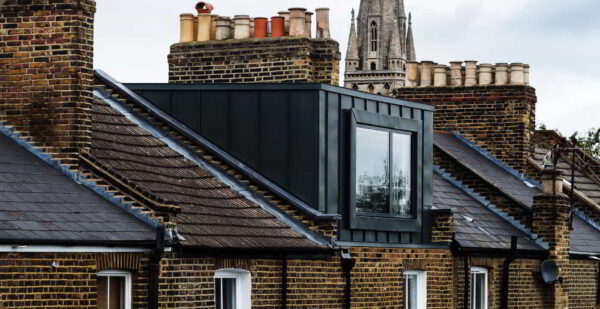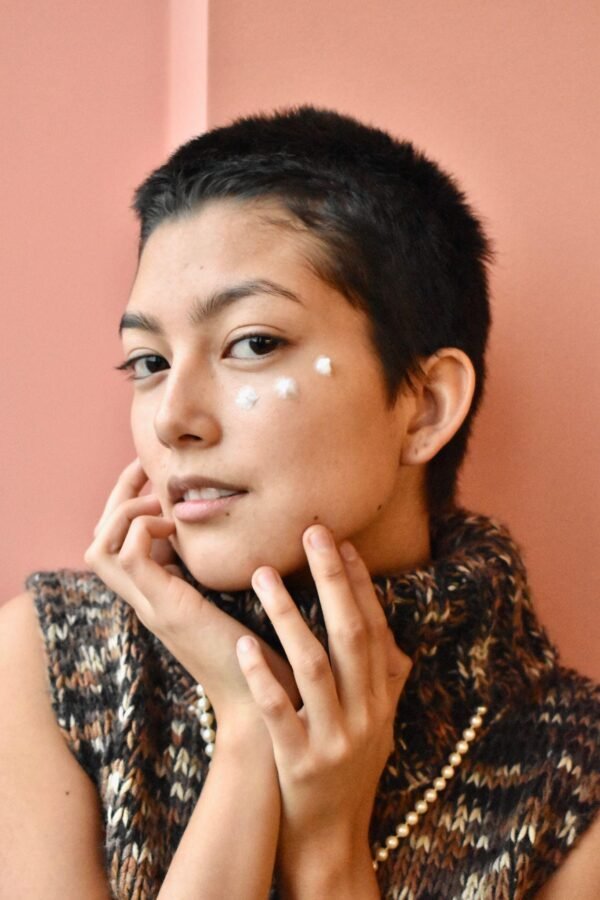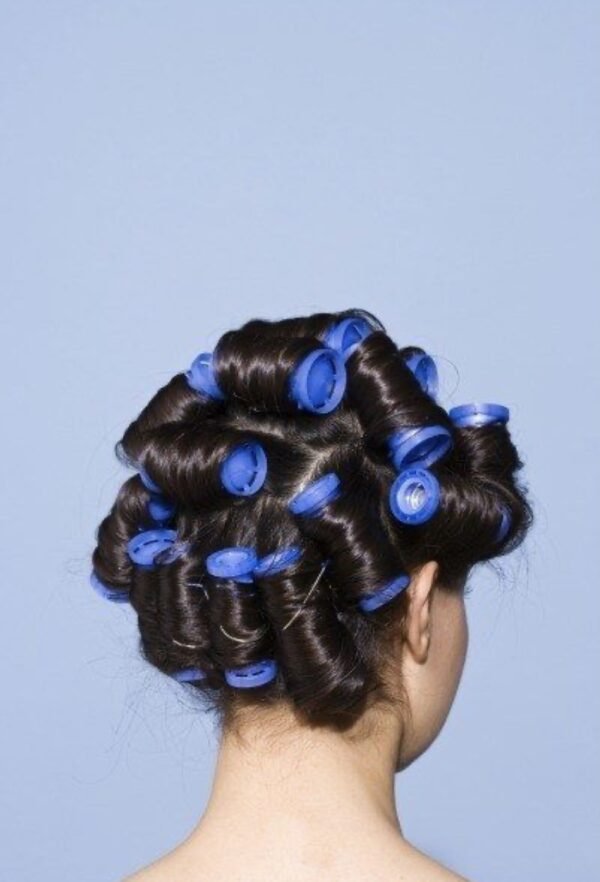
End of the “Lipstick Effect”: Hairstyling Products Replace Lipstick as UK’s Affordable Recession Treat

Hairstyling products are set to replace the “lipstick effect” as a key indicator of Brits’ ‘affordable luxury’ shopping habits during economic downturns, according to new data from THG.
The “lipstick effect”, coined over twenty-five years ago, suggests in times of economic downturns sales of affordable luxuries, such as lipstick, rise as consumers seek out small, uplifting indulgences. However, analysis by THG has revealed that in October 2022 searches on LookFantastic.com for hair rollers, hair straighteners and hair oils increased by 103%, 47% and 60% year-on-year respectively. By comparison searches for lipstick, lip balm and lip gloss all fell – with lipstick seeing the biggest decline year-on-year.
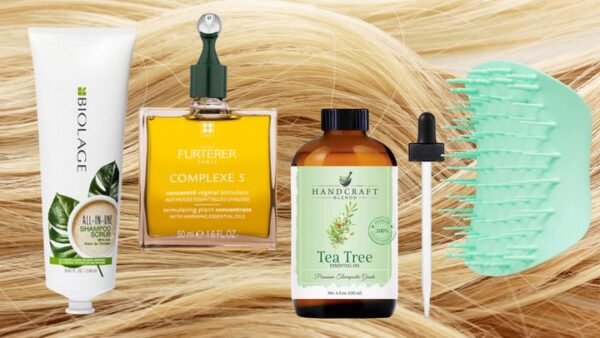
This trend towards hairstyling products is supported by an analysis of order volumes. With the three months to October seeing the UK economy shrink by 0.3%, in the first signs of a recession in the UK, the uplift in demand for haircare and hairstyling products is seeing it replace lipstick as the barometer of affordable luxury buying habits.
Furthermore, haircare and personal grooming may also prove to be among the biggest recession-busting sectors, according to THG’s analysis of household spending during the UK’s last recession during the 2008 financial crisis, when GDP declined for five consecutive quarters.
Analysis by THG of indexed consumer trend figures from the Office of National Statistics (ONS) reveals that between Q2 2008 and Q2 2009, spending on clothing and haircare and personal grooming increased by 3% and 1% respectively, whilst spending on health and personal care only dropped by 4% and 5%. By comparison, spending on transport, home furnishings, restaurants and hotels all fell by 10% or more.
Since the last recession, the value of the UK’s premium beauty & personal care market has increased from £60 billion to over £100 billion according to Euromonitor International. Whilst over the same period, internet sales as a percentage of total retail sales has increased from just 3.4% in 2007 to 25% today, according to figures from the ONS.
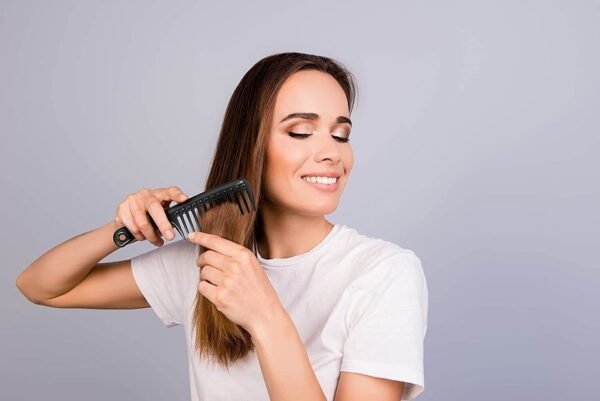
THG PLC’s recent trading update for the period ended 31 December 2022 (“FY 2022”) showed record sales of £2.25 billion, with the group’s beauty division reporting revenues of £1.19 billion with 6.1% growth year-on-year and 58% two-year growth.
More specifically, THG’s portfolio of beauty retail destination sites have performed well, with THG-owned luxury haircare brand Grow Gorgeous seeing increases in customers and orders through Lookfantastic of 20% and 16% respectively in 2022.
Commenting on the findings Lucy Gorman, CEO of THG Beauty said;
“The ‘lipstick effect’ has long been established, but whether it still rings true today remains to be seen. Our data suggest that haircare and hairstyling may take on the mantle as the UK’s affordable recession treat.
Across the beauty category, we are seeing consumers turning to ‘affordable luxury’ products from established brands for their essential beauty needs, as economic challenges play out. Similarly, the ‘Skinification’ of haircare trend is continuing as consumers prioritise skin, hair & scalp health as part of holistic wellness regimes. We’re seeing this across THG’s own portfolio of prestige brands and in the thousands of premium brands that retail directly online through the likes of Lookfantastic and Cult Beauty. While the recession will undoubtedly tighten spending, it’s clear that UK consumers’ desire to look and feel good has not waned – and if the last recession is anything to go by the beauty, haircare and personal grooming sectors may prove to be some of the biggest recession busters.”


















